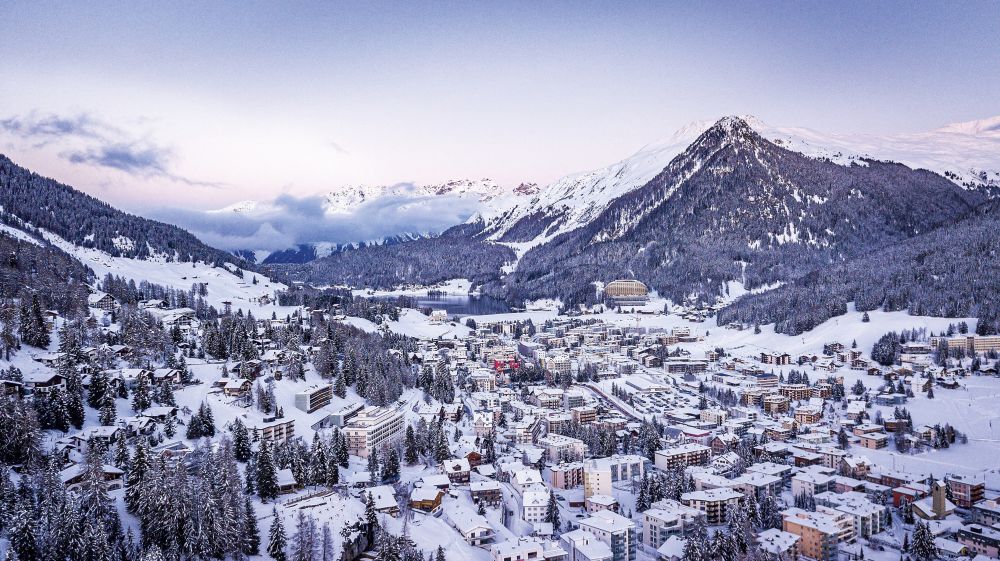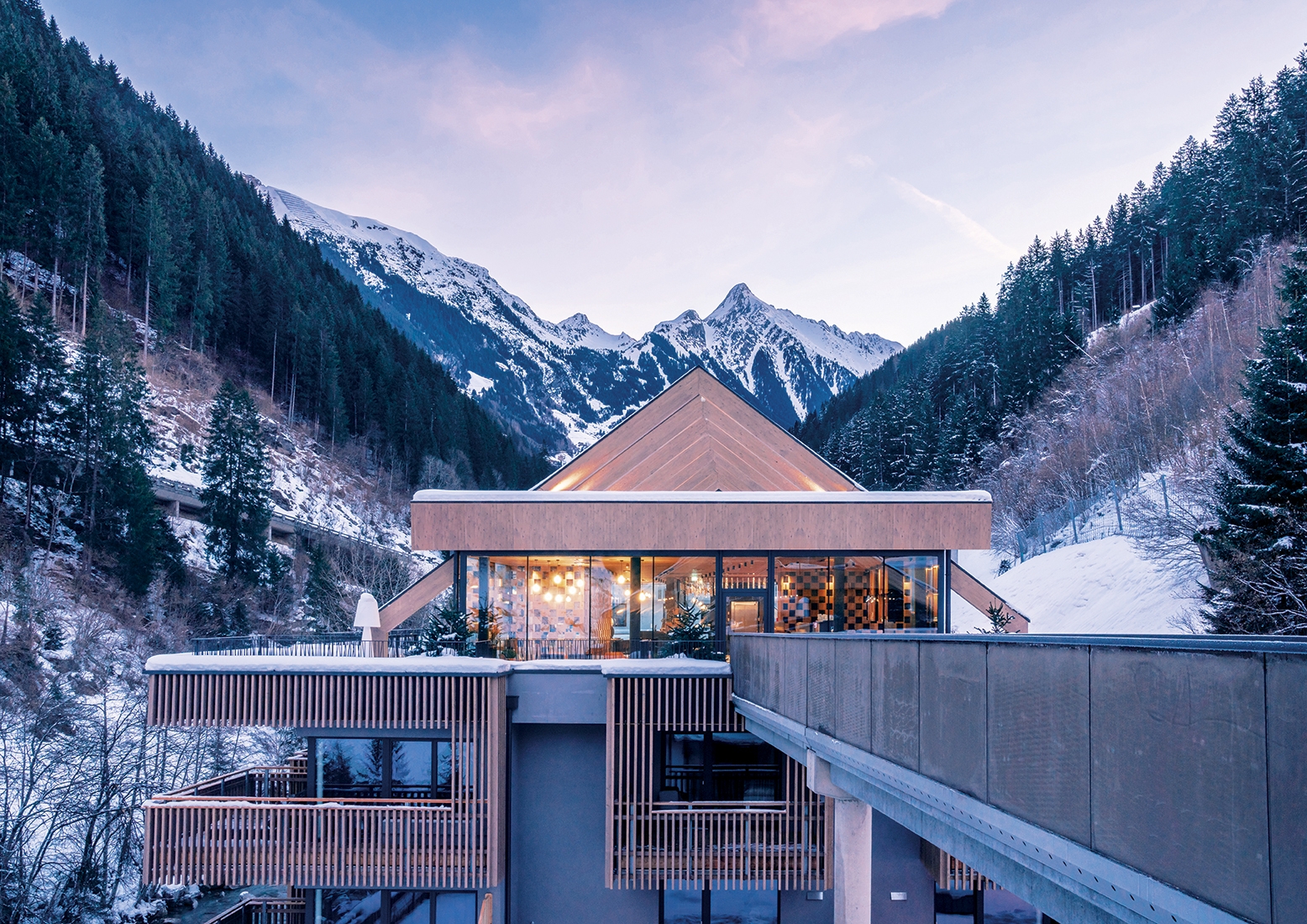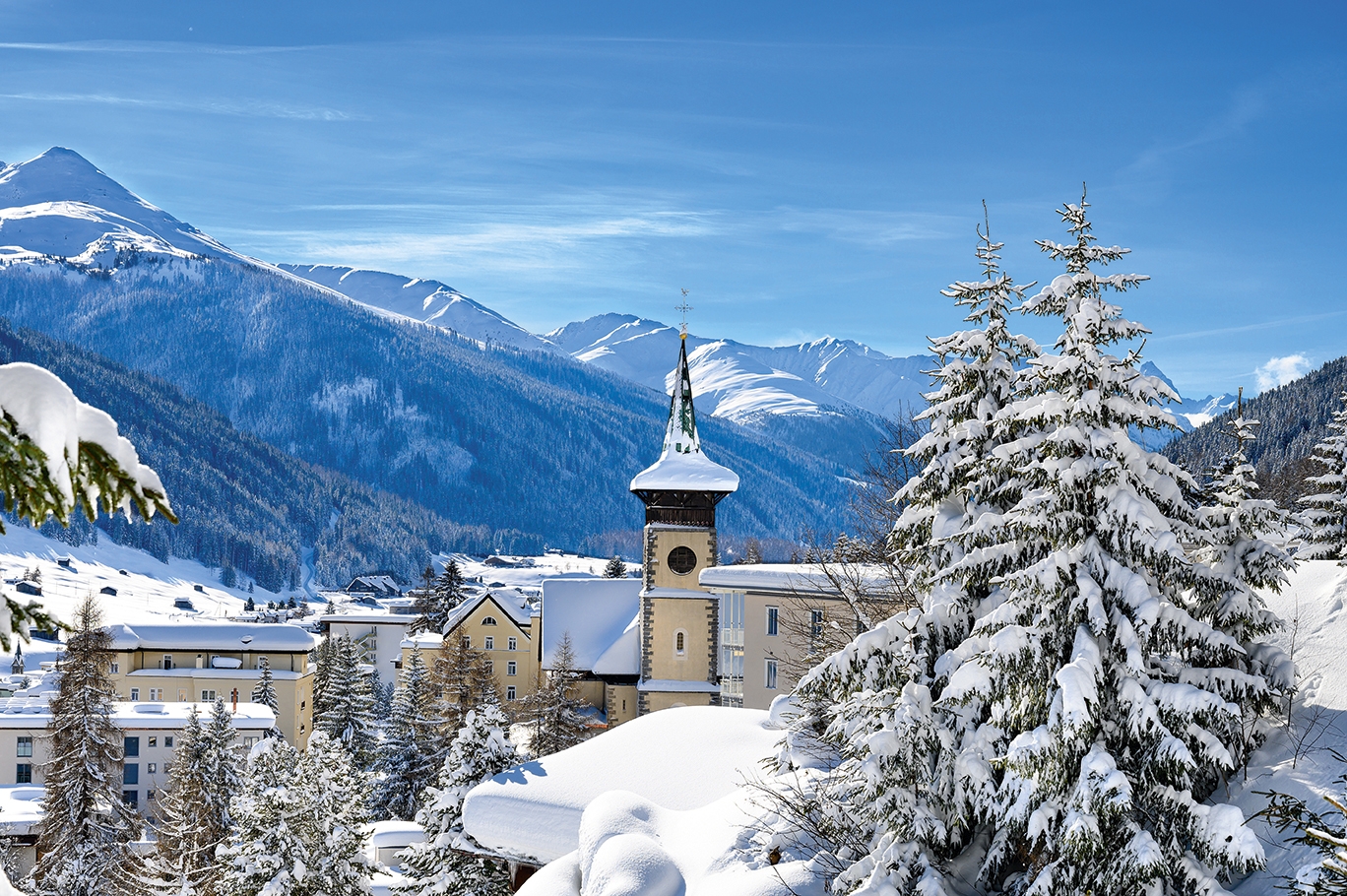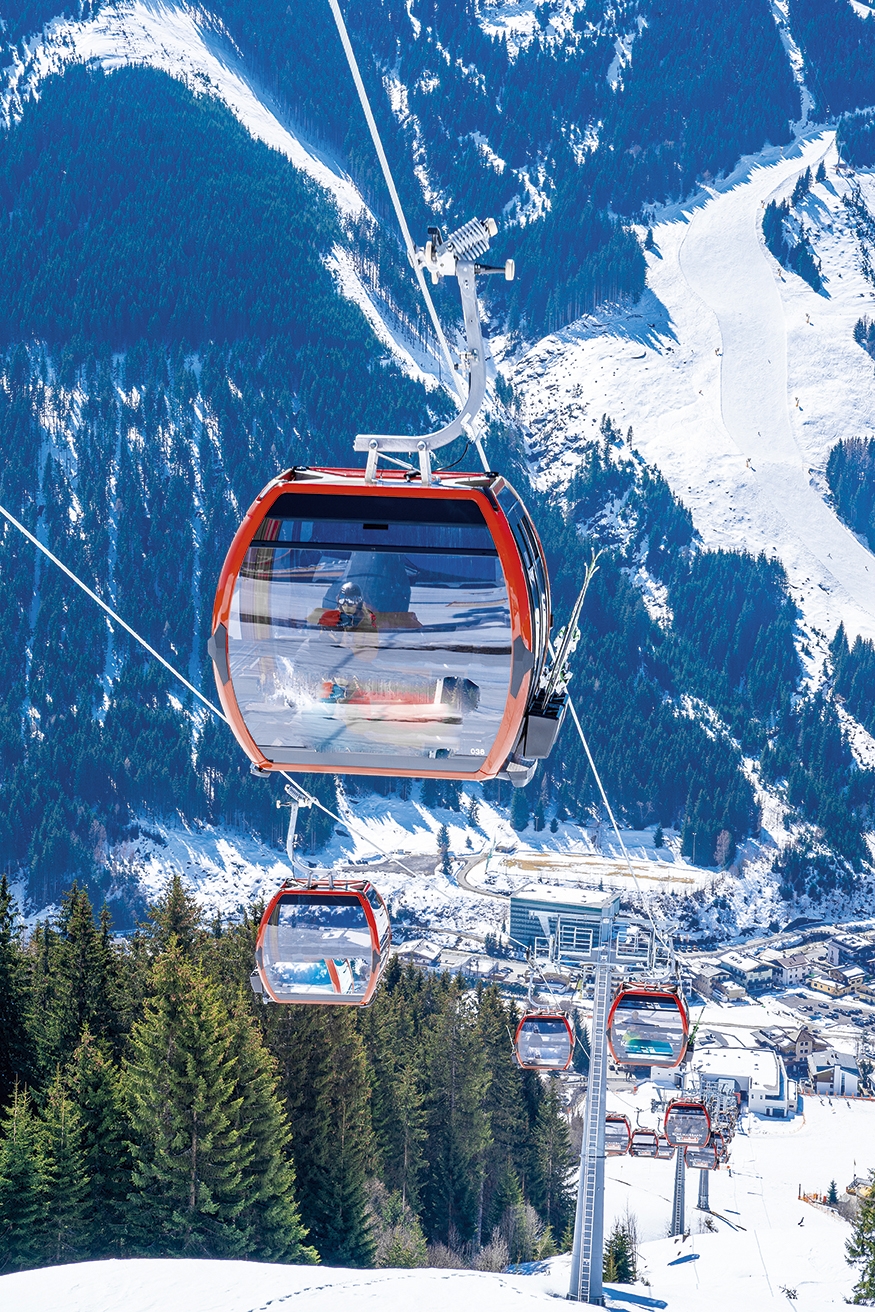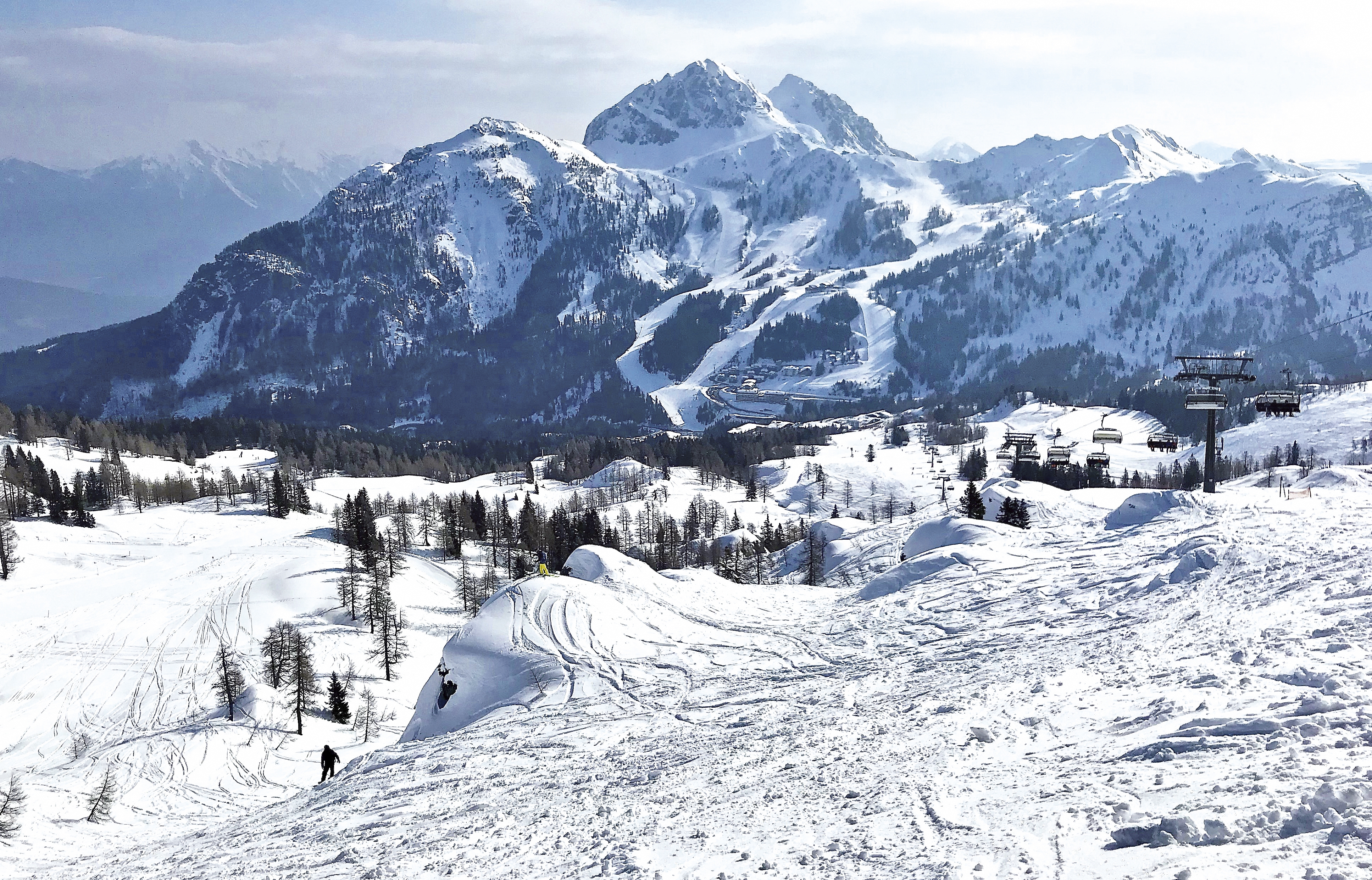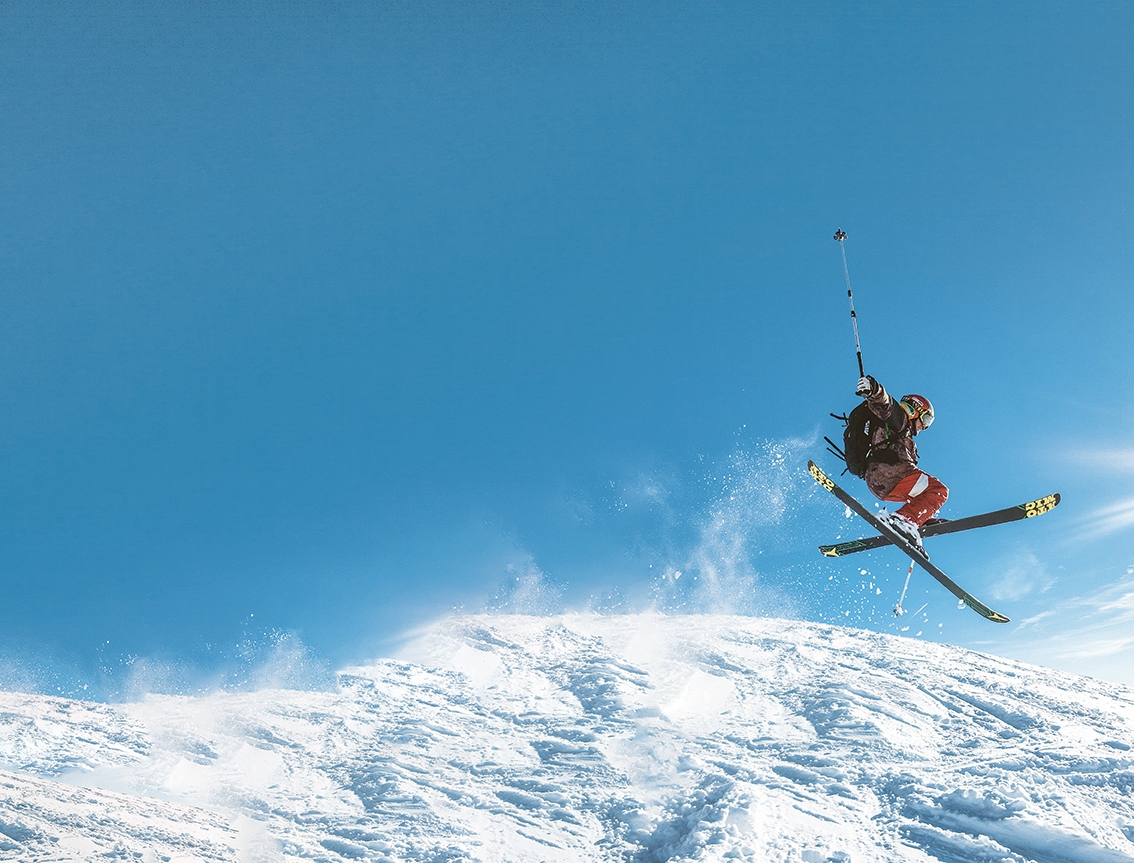Carbon neutral hotels Italy, Austria, Switzerland
Seeking out a hotel that runs on renewable power is one way to
bring down the carbon bill of a ski holiday.
Leitlhof hotel leitlhof.com in the Italian Dolomites is one of a plethora of hotels across the Alps that are looking to burnish
their low-carbon credentials. The Leitlhof has overhauled its
operations to focus on sustainability by building its own combined
heat and power plant. Fed by a sustainable timber source, which
powers the hotel, it estimates carbon emissions per guest per
night are now as low as 12.2kg (a carbon footprint equivalent to
244 cups of coffee).
In Bad Kleinkirchheim, Austria, Trattlerhof hotel trattlerhof.at
is backed by its own hydropower plant, which generates more
energy than the hotel uses. It estimates each guest can save up to 58kg per night in carbon emissions when bunking down at its
abode – meaning over a week each guest could save an impressive
406kg of CO2 (or the equivalent of a return flight from London to
Klagenfurt, according to carbonfootprint.com).
Belvedere hotel in Switzerland’s Grindelwald uses a heat
recovery system to warm its swimming pools, and has installed a heat pump for both outdoor and indoor pools. The Belvedere
also taps into Grindelwald’s own wood-fired heat and power
co-generation plant, which runs on waste from sawmills and
construction sites and storm-felled wood. belvedere-grindelwald.ch
Keeping the power theme flowing, ZillergrundRock Luxury
Mountain Resort zillergrund.at in Mayrhofen, Austria, also
zeroes in on its carbon emissions from energy: hydropower
from the Ziller river supplies the entire hotel’s energy needs.
Constructed from regional building materials, it has made
environmental advances on the food front too, scooping awards
for its commitment to produce from the surrounding valleys.

